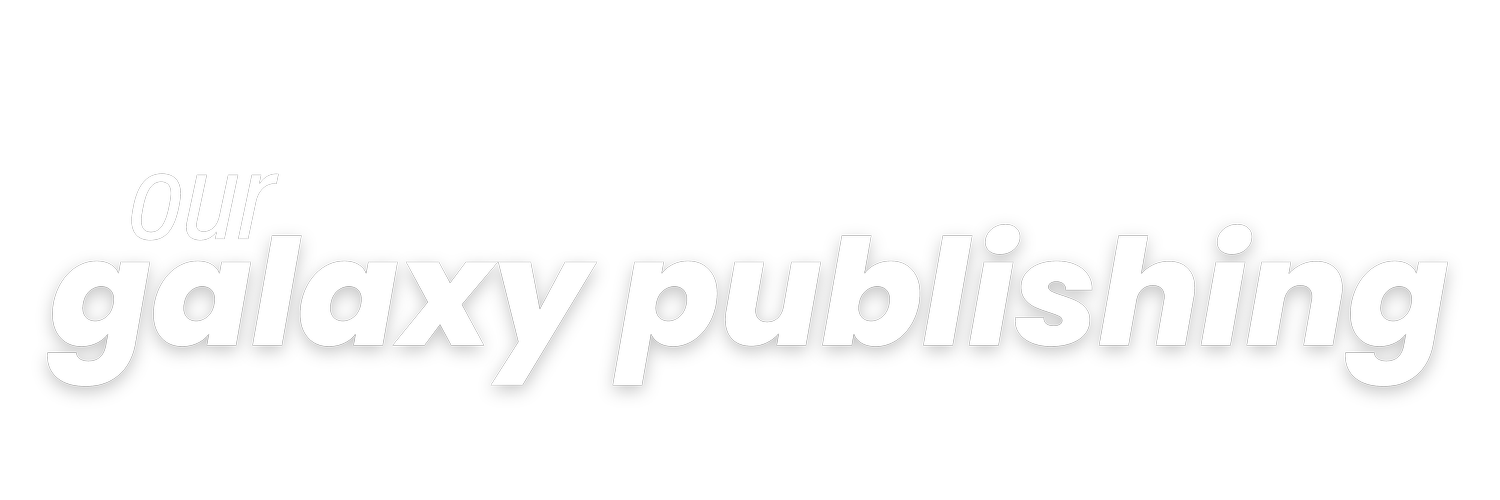Ways to Publish Your Book
Choosing between self-publishing and traditional publishing can be a daunting decision for aspiring authors, each path carrying its own allure. Traditional publishing boasts glamour and prestige, while self-publishing offers unparalleled freedom and creative control. This choice should not be taken lightly, considering factors such as the book's genre and audience, your willingness to contribute to the process, and the brand you aim to build. We understand the complexity of this decision and are here to help aspiring authors assess what's best for them, guiding them toward the right path to effectively prepare for the next steps. While we've provided some questions for consideration below, feel free to reach out for personalized guidance on this crucial part of the journey. We want you to make informed decisions that will serve your goals for success.
What is the difference between traditional publishing and self-publishing?
Traditional Publishing
involves acquiring a literary agent who helps you submit your manuscript to established publishing houses, where, if accepted, the publisher takes responsibility for editing, designing, marketing, and distributing the book.
Involves approval by literary agents and publishers.
Doesn't require upfront financial investment by the author.
Longer timeline due to the submission and review process.
Self-Publishing
is a method where authors independently publish and distribute their books, taking charge of all aspects, including editing, cover design, and marketing.
Authors have complete autonomy and don't require external approval.
Involves upfront costs for editing, cover design, and marketing expenses borne by the author.
Quicker, allowing for faster time-to-market.
Here are some questions for you to consider when deciding which publishing path is best for you:
-
This might seem like too broad of a question to ask but understanding your goals is crucial. Self-publishing offers more control and faster time-to-market but also requires a bigger financial investment. Traditional publishing might provide wider distribution and editorial support, but it’s a competitive market with unpredictable timeframes. Knowing your priorities sets the tone for your decision.
-
Consider your long-term writing career. Some authors use self-publishing to kickstart their careers and later transition to traditional publishing. Others prefer the independence of self-publishing because they already have an established brand to build off of on their own. Clarifying your long-term strategy can guide your initial decision about which route to take.
-
Self-publishing requires an upfront investment for services like editing, cover design, and marketing. Traditional publishing typically doesn't cost the author, but the trade-off may be lower royalties and less creative control. It's about aligning your publishing choice with your financial capacity and ensuring that your decision doesn't hinder your overall financial goals.
-
Understanding your willingness and capacity to contribute to the publishing process is vital for either path. Traditional publishing requires author involvement in marketing and promotional efforts. But it goes beyond substantial promotion when you decide to self-publish, as you’re taking on every aspect of the process from distribution to sales to marketing and beyond. Get clear on how much you’re willing to take on independently throughout the journey.
-
Certain genres and niche markets may find more success in one publishing path over the other. A mainstream romance novel might be more suited for traditional publishing than an erotica or highly niched novel. Research the market trends for your specific genre to inform your decision.
-
Traditional publishing often involves rejection from literary agents and publishers. If resilience to rejection is a challenge, self-publishing might offer a more direct path. Plus, traditional publishing involves relinquishing some control and facing tough critiques to align with the publisher's vision. Assessing your comfort with this trade-off is essential.
-
Self-publishing is generally quicker, allowing you to get your book into readers' hands faster. Traditional publishing timelines are longer due to the submission and review process. Assess your patience and urgency in getting your work out and why that timeline is significant to your success.
Need More Guidance? Check out our publishing services and author workshops.
The Writer’s Guide to Publishing Lingo: 33 Terms Every Author Should Know
Whether you're drafting your first manuscript, querying literary agents, or preparing to self-publish, having a working knowledge of key terms empowers you to engage with publishers, agents, editors, and fellow writers on a level playing field. We’re getting you started with 33 of the most common terms you’ll need to know as you move through the different stages of publishing.



